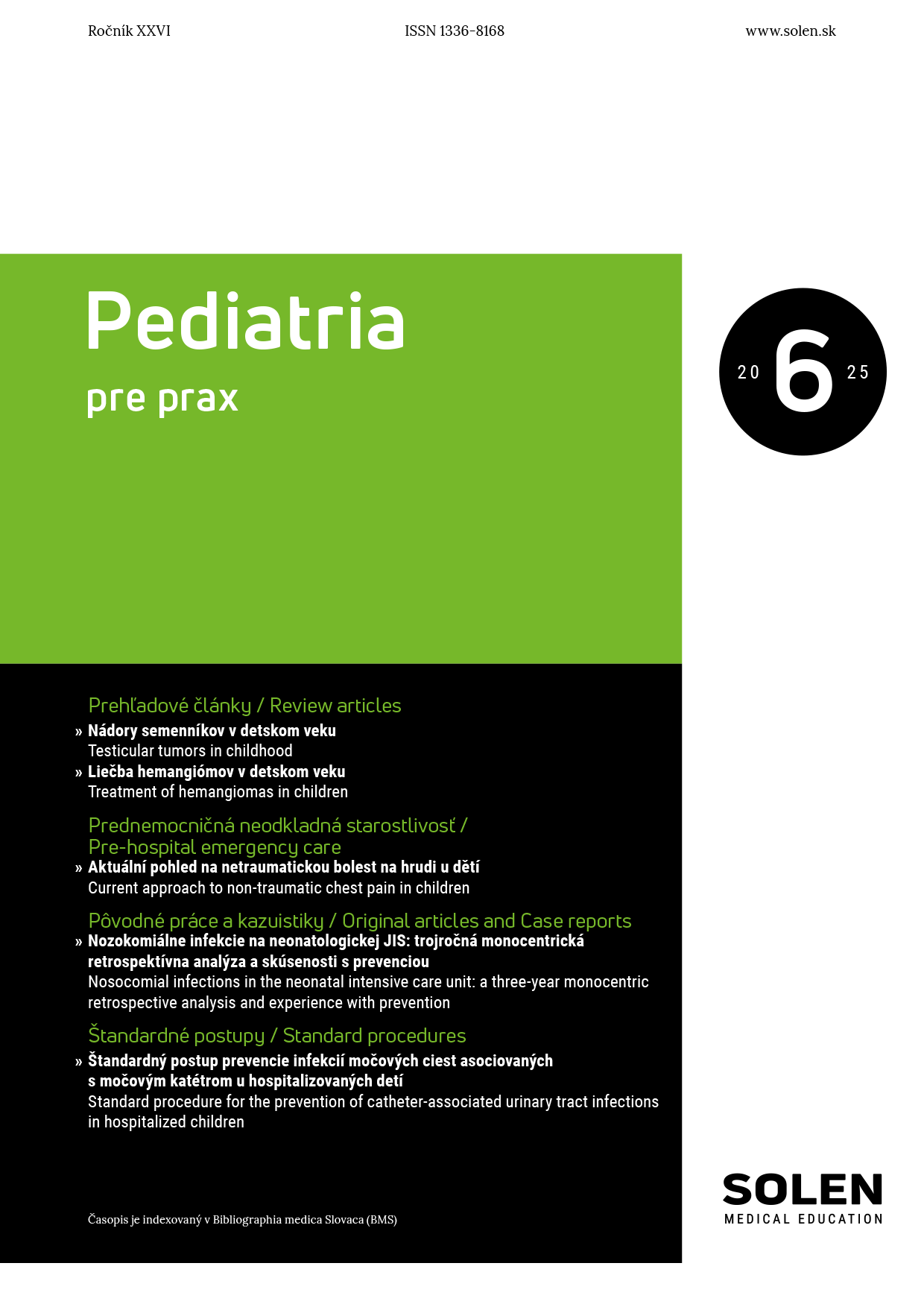Vaskulárna medicína 1/2025
New fibrinogen variants in patients with congenital fibrinogen disorders
Inherited fibrinogen disorders are rare, but clinically significant hereditary coagulation abnormalities that can result in both hemorrhagic and thrombotic events, disrupting hemostasis. Fibrinogen, a crucial protein in the coagulation cascade, plays an essential role in the formation of a stable fibrin clot. Inherited fibrinogen disorders may be qualitative or quantitative, with qualitative disorders impairing fibrinogen function, while quantitative disorders result in fibrinogen deficiency. Clinical manifestations include an increased risk of bleeding, thrombosis, or both, depending on the type and severity of the defect. Diagnosis is based on fibrinogen level assays, functional testing and genetic analysis, with treatment involving tailored therapeutic approaches such as as fibrinogen concentrate substitution or anticoagulant therapy. This article focuses on four novel pathogenic variants of fibrinogen that have been described in our institution.
Keywords: fibrinogen, inherited fibrinogen disorders, pathogenic variant, bleeding, thrombosis

















